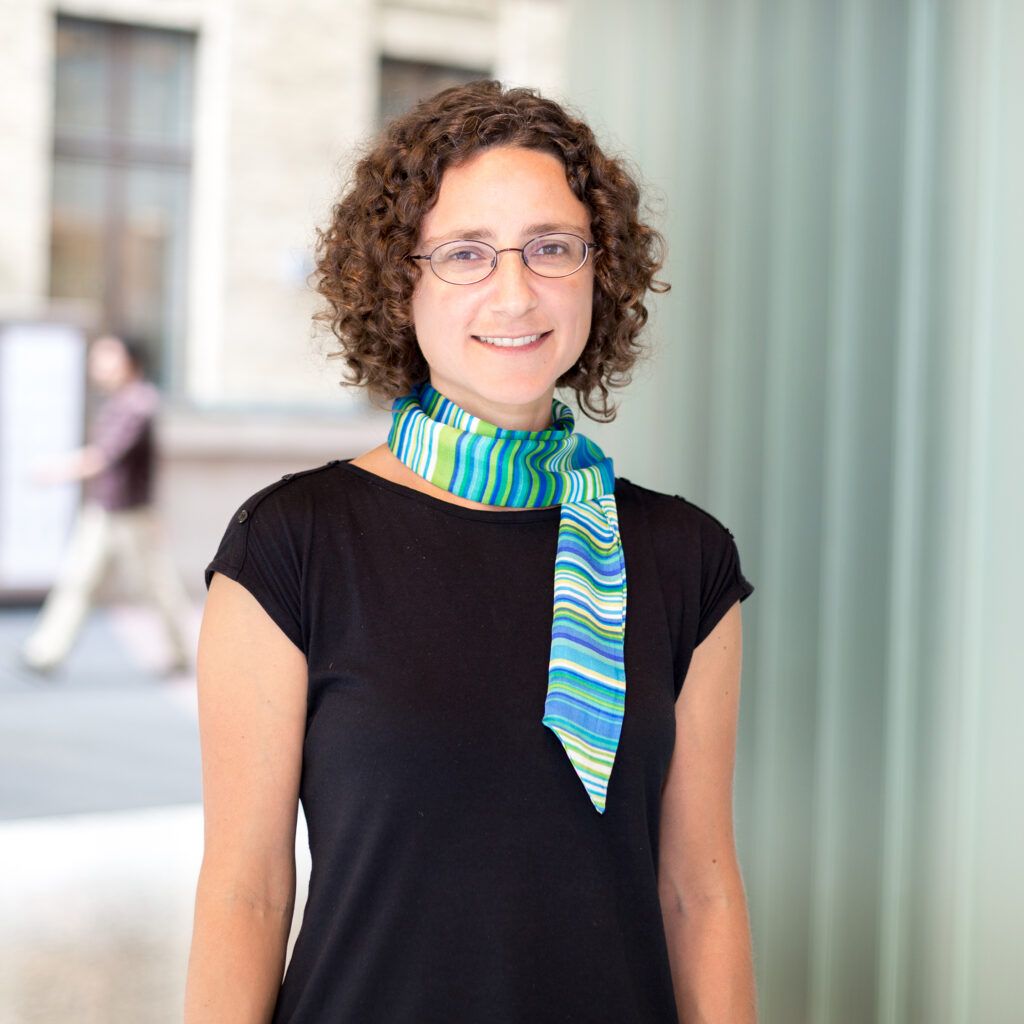Professor Emma Master named the Robert Korthals Chair in Sustainability
Term-limited chair established by the estate of Robert Korthals will support collaborative research and help build a strong Canadian bio-economy

Professor Emma Master has been named the inaugural Robert Korthals Chair in Sustainability.
The new chair was made possible by the generous donation from the estate of alumnus Robert “Robin” Korthals. It will support Master’s research into biomanufacturing processes that mimic nature and convert underused renewable resources into materials that reduce our reliance on fossil fuels.
“One biomaterial that we know a lot about is cellulose, which is usually derived from wood, and is today the basis of paper and cardboard,” says Master, who also serves as Director of BioZone, a centre for industrial and environmental biotechnology research at U of T Engineering.
“What we’re looking at is using naturally occurring enzymes to functionalize cellulose in ways that impart useful properties – for example, by making it easier to spin into fibres. This could lead to sustainably sourced textiles that could displace those derived from non-renewable materials, such as polyesters or nylons.
“Bio-derived materials could also help displace single-use plastics in the packaging industry, which in turn would reduce levels of environmental microplastics.”
Long-time support
The new chair is the latest development in a long history of support for U of T Engineering and the Department of Chemical Engineering & Applied Chemistry by Robert Korthals.
He made his first donation in 1981, around the same time he became the fifth president of Toronto-Dominion Bank, a position he held until 1995. Over the decades, Korthals made dozens of generous gifts to support new buildings and infrastructure as well as programming aimed at supporting leadership education for engineering students.
Korthals, who died in 2023, was also a strong supporter of many other charitable causes in the GTA, including the Toronto Symphony Orchestra. His son Jamie Korthals says that he believed strongly in building a more sustainable world.
“U of T held a really special place in my father’s heart. For much of his life, he lived nearby and would often walk through campus – he just loved being close to that environment of learning and discovery,” says Korthals.

